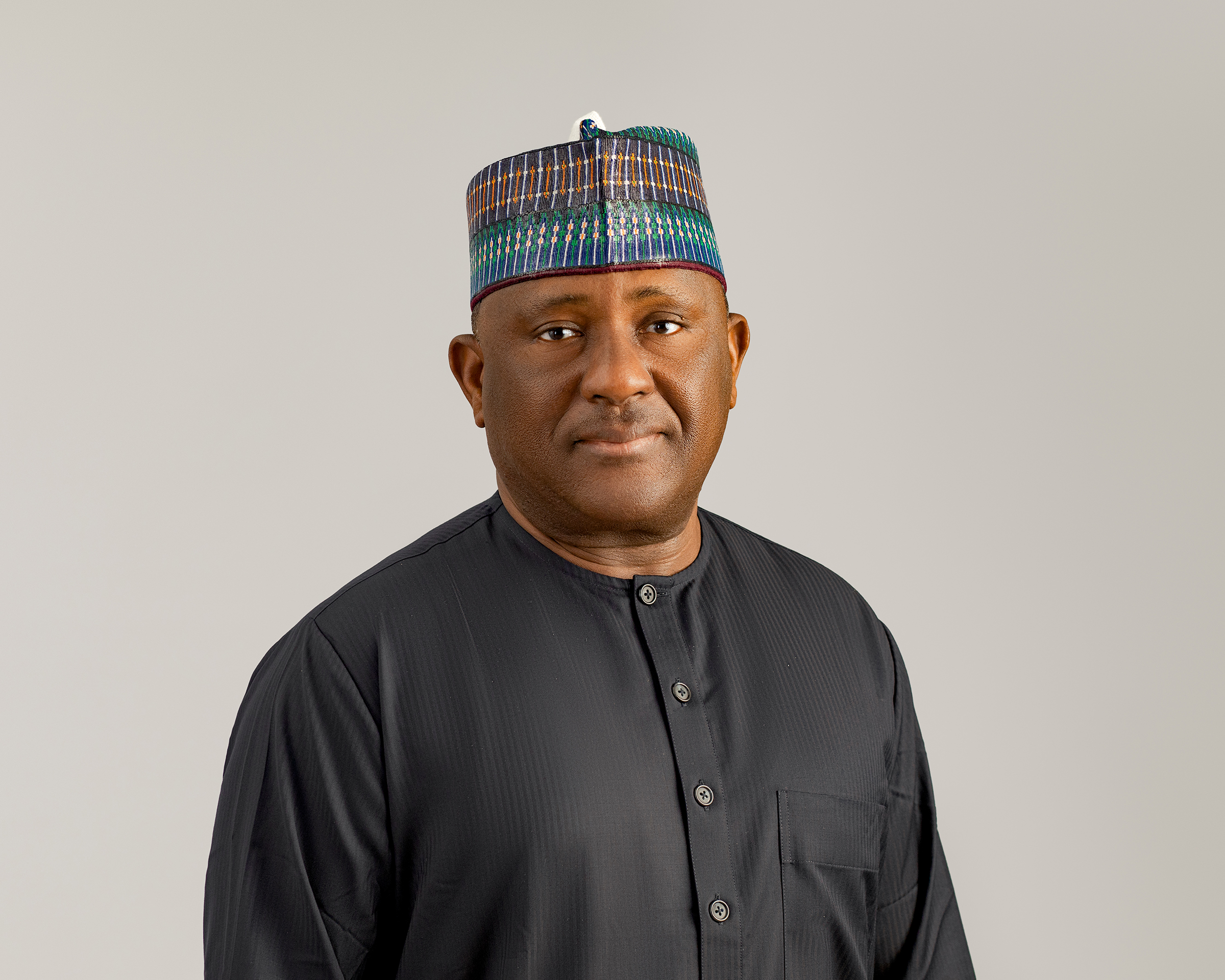Nigeria’s business tycoon, Abdul Samad Rabiu, has witnessed a surge in his wealth, catapulting him to a net worth of $7 billion, a leap from $5.7 billion just three months ago.
While this surge may be seen as an impressive financial feat, the story behind this resurgence lies in the outstanding performance of BUA Cement, the flagship company under Rabiu’s BUA Group.
Join our WhatsApp ChannelThe primary catalyst for this financial upswing is Rabiu’s 96.29% stake in BUA Cement. These shares have skyrocketed, now trading at N105.8 ($0.137) as of October. The surge in BUA Cement’s shares closely follows the company’s decision to reduce ex-factory cement prices, a move expected to reshape the competitive landscape within the industry.
READ ALSO: Why We Reduced Cement Price To ₦3,500 – BUA
The reduction in prices has brought the ex-factory cost of a bag of BUA Cement down to N3,500, emphasizing the company’s commitment to competitive pricing. While this may impact the company’s revenue per tonne, it positions BUA Cement to capture a more substantial market share. This move has garnered positive market sentiment, significantly boosting BUA Cement’s share price on the Nigerian Exchange.
Notably, this resurgence is a contrast to Rabiu’s fortunes just a few months ago, where he experienced a substantial loss of $3 billion in just 60 days. His net worth had dipped to $5.7 billion, largely attributed to the devaluation of the Naira and the unification of the exchange rate system in June, a scenario that also affected other prominent Nigerian billionaires.
In June alone, Rabiu reportedly lost approximately $2.73 billion due to the effects of the Naira unification. However, with BUA Cement’s performance and pricing, Abdul Samad Rabiu has not only recovered but surged ahead, showcasing the dynamic nature of wealth in Nigeria’s business landscape.
Emmanuel Ochayi is a journalist. He is a graduate of the University of Lagos, School of first choice and the nations pride. Emmanuel is keen on exploring writing angles in different areas, including Business, climate change, politics, Education, and others.


















Follow Us